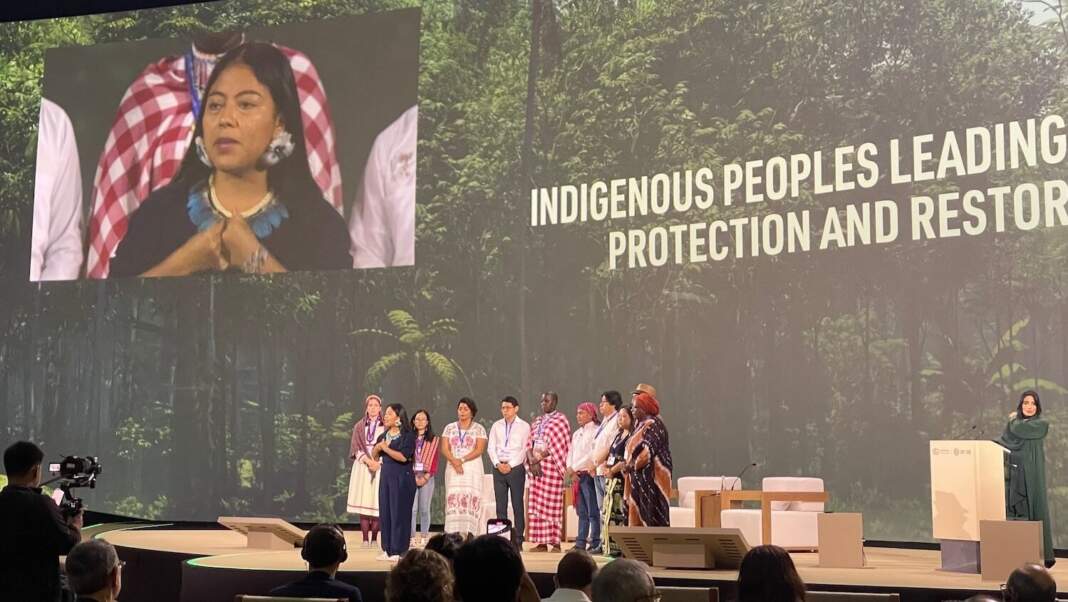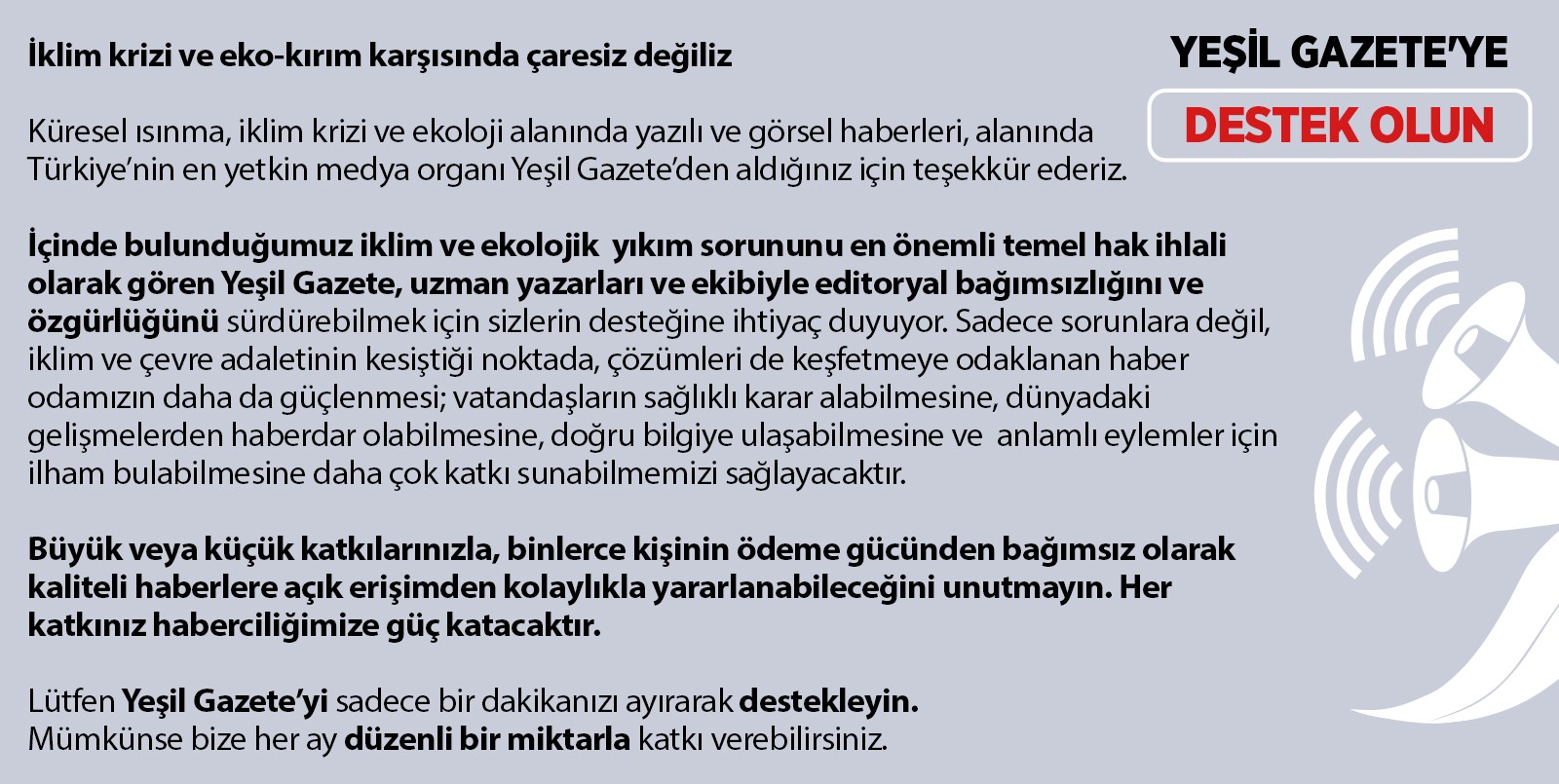Amid the big promises made at the 28th Conference of the Parties (COP28) to the United Nations Framework Convention on Climate Change, now in its eighth day in Dubai, indigenous peoples and local communities are struggling to be involved in decisions about their territories.
As COP28 delegates debate how to invest trillions of dollars in climate finance, new evidence shows that funds are “evaporating” before they even bein available to the communities that need them most.
A global alliance of indigenous peoples and local communities released a new report at COP28, Euronews reported. The report identifies major flaws in global efforts to fund communities in Africa, Asia and Latin America that protect some of the world’s most biodiverse and rich tropical forests.
Research by the Global Alliance for Territorial Communities (GATC) reveals that inadequate and outdated systems for providing funding (often through third parties) mean that only a small proportion of this money reaches Indigenous Peoples and local communities.
Levi Sucre Romero, Central America Coordinator for the Mesoamerican Alliance of Peoples and Forests (AMPB) and leader of the indigenous Bribri people, who serves on the GATC Council, said: “According to recent research, less than 1 percent of all climate finance goes to our communities. You have to ask these intermediaries where all this money is going, what is being invested in. We would like to know that too.”
‘Direct financing should be essential’
Romero, who represents communities from Panama to Mexico, said the political and economic pressure on their region is “greater than ever.” “We need help and additional resources to continue to protect them,” said the local leader, particularly in the face of expanding industrial agriculture, mining and fossil fuel extraction.
But aid in the form of funds promised by international governments or private sources at global events like COP28 is not reaching these communities as it should.
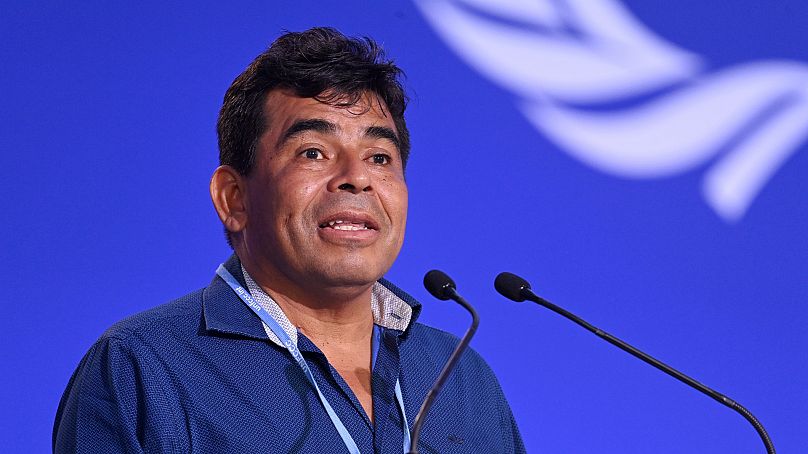
A report released by the Forest Tenure Funders Group (FTFG) during the summit examined the commitment made at COP26 in Glasgow to provide $1.7 billion (€1.6 billion) directly to Indigenous Peoples and local communities over five years. According to the report, communities received 2.9 percent of this money in the first year. In the second year, their share dropped to 2.1 percent. “In our experience, there are assumptions that IP (Indigenous Peoples) organizations don’t have the capacity to manage the funds and can’t run the program, so it needs to be handled by others,” said Mina Susana Setra, an indigenous leader in Indonesia’s West Kalimantan region.
Setra, who serves as the Deputy Secretary General for Social Cultural Affairs of the Alliance of Indigenous Peoples of the Archipelago (AMAN), the world’s largest indigenous organization, said:
“This has been happening for years and has created a dependency that is not good for us. Given the opportunity, Indigenous Peoples and local communities can manage funds properly, but we rarely get the chance to prove it. There are already many initiatives in local communities and with ‘direct funding’ we can scale up our work and have a much bigger impact.”
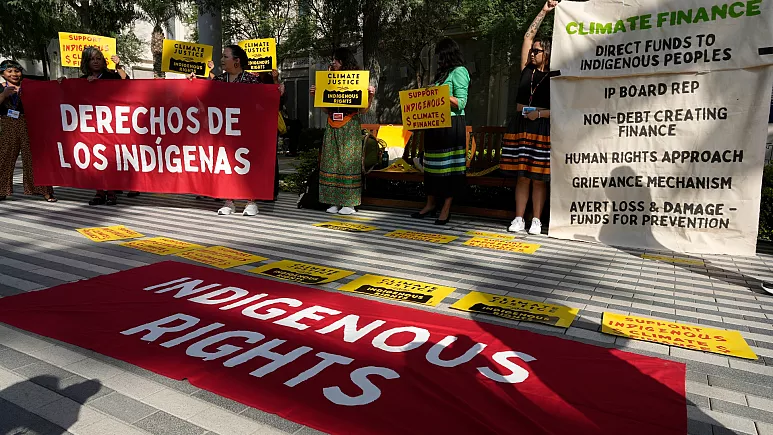
Indigenous peoples and local communities informally manage much of the world’s last remaining tropical forests, which is crucial for the planet and for human life. Direct access to finance is therefore vital not only for them, but for the world.
GATC’s data collection for this report also reveals that local communities are often left out of discussions about funding for their territories and organizations.
“We urgently need to turn things around, but progress is painfully slow,” said Lord Goldsmith, the UK Government’s Minister for Foreign, Commonwealth and Development Office, when he made the pledge in Glasgow with other high-profile donors: “Money often seems to evaporate in complex transactions through multiple layers of multilateral institutions, raising concerns that little is being done to support Indigenous Peoples and local communities in their quest for land rights as a climate solution.”
They initiate their own mechanisms
Frustrated by the slow pace of work on the issue, many indigenous organizations and local communities are initiating their own funding mechanisms.
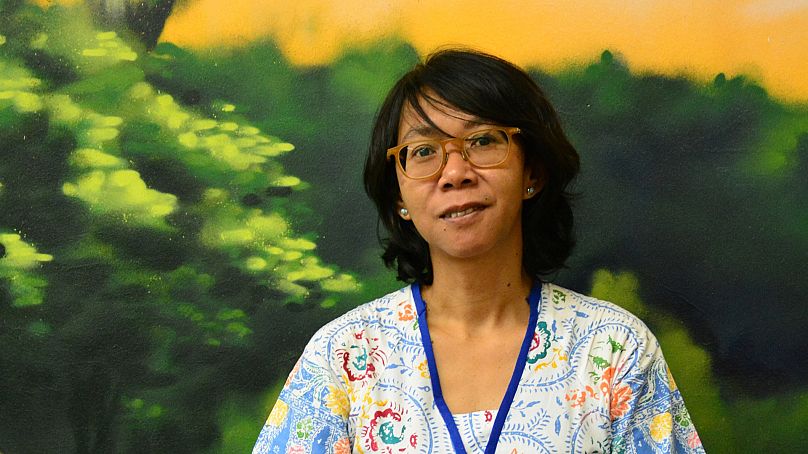
Setra says they have established the Nusantara Fund in Indonesia, FTM in Central America, the Poodali fund in Brazil, and Shandia, a platform to connect all these different mechanisms at the global level. Romero adds that unless these communities are included in the development of funding mechanisms or their role in protecting tropical forests is recognized, the way in which international aid is delivered will never change: “We must not continue to make the same mistakes, where people or organizations that have nothing to do with us or do not understand our cultures or our communities design things on our behalf.”
Joint letter from 100 global groups
Meanwhile, 100 global Indigenous groups and allies yesterday released an open letter calling on COP28 negotiators to protect Indigenous rights during the clean energy transition.
The letter, also signed by environmental advocacy groups like Earthjustice and anti-poverty groups like Oxfam, urged delegates to fight for policies that require the consent of Indigenous communities before their ancestral lands are mined:
“We have ancestral, cultural and spiritual ties to our lands that not only require our engagement in climate advocacy, but also call us to adhere to appropriate stewardship practices of nature that are deeply rooted in our ways of life.”
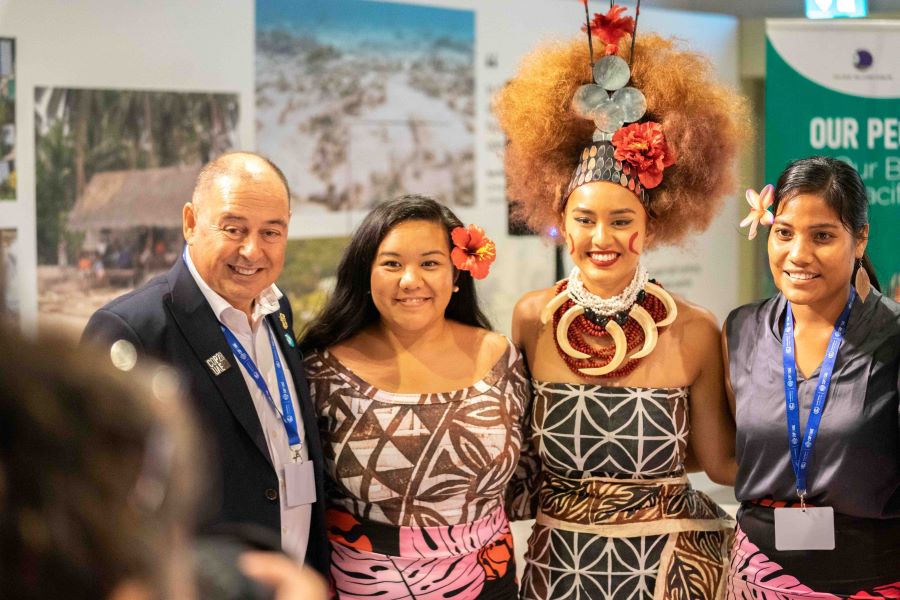
Indigenous peoples are among global leaders calling for a phase-out of fossil fuels, but without appropriate safeguards, the transition could put these communities at risk, the letter said.
The production of clean energy products such as solar panels, wind turbines, energy storage and batteries for electric vehicles requires far more minerals than their fossil fuel-powered counterparts. A 2022 study found that 54 percent of the mineral deposits needed for the global energy transition – including lithium, copper, nickel and others – are located on or near indigenous lands.
The letter demands that the authorities recognize the right of indigenous communities to have a say in decisions about mining projects on these lands, including by upholding the right to free, prior and informed consent as set out in previous United Nations agreements. .
Noting that oil, gas and mining companies have long exploited indigenous peoples and lands, the letter says COP28 gives participating leaders the opportunity to “define a better and more inclusive world that serves all communities and all peoples.”

